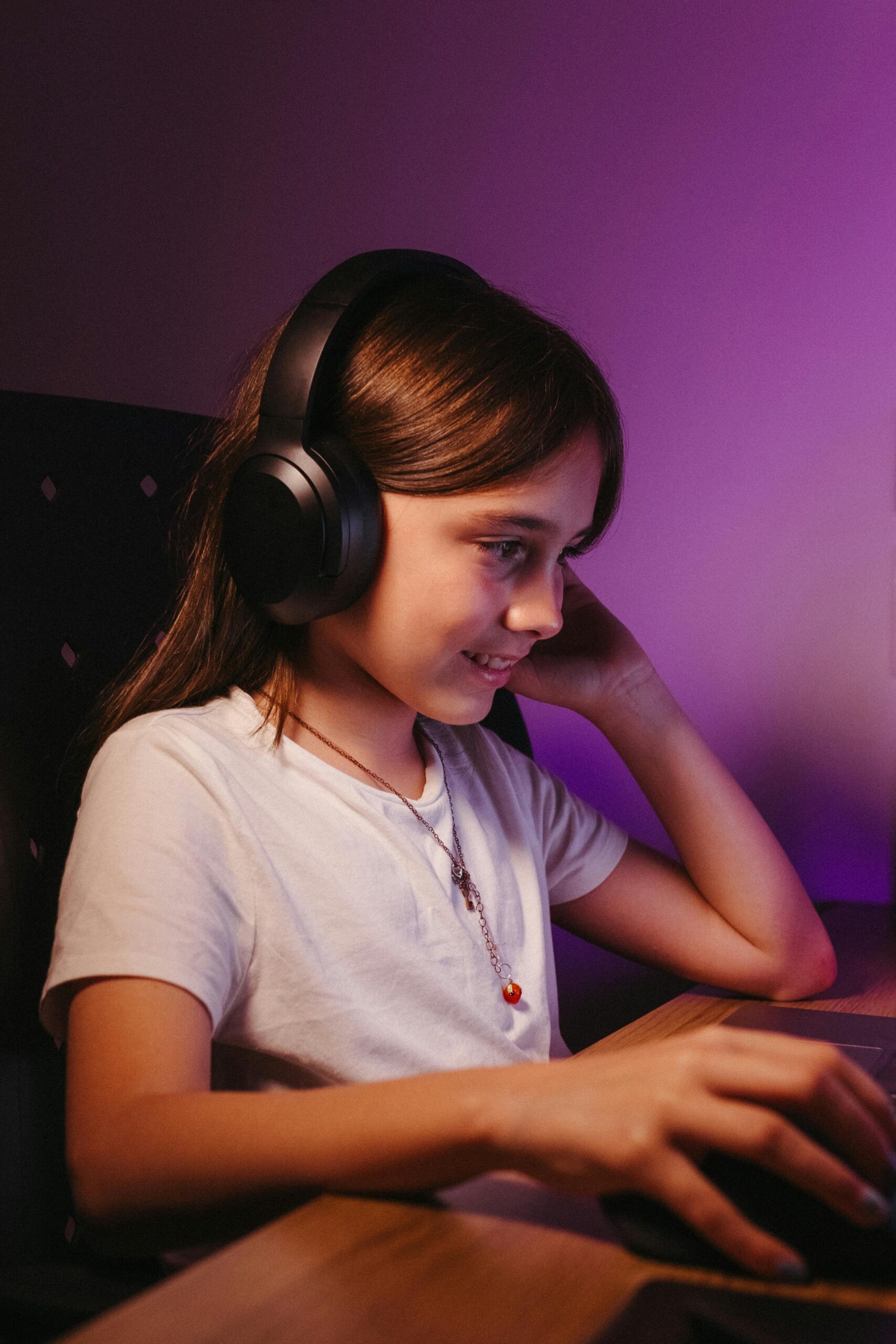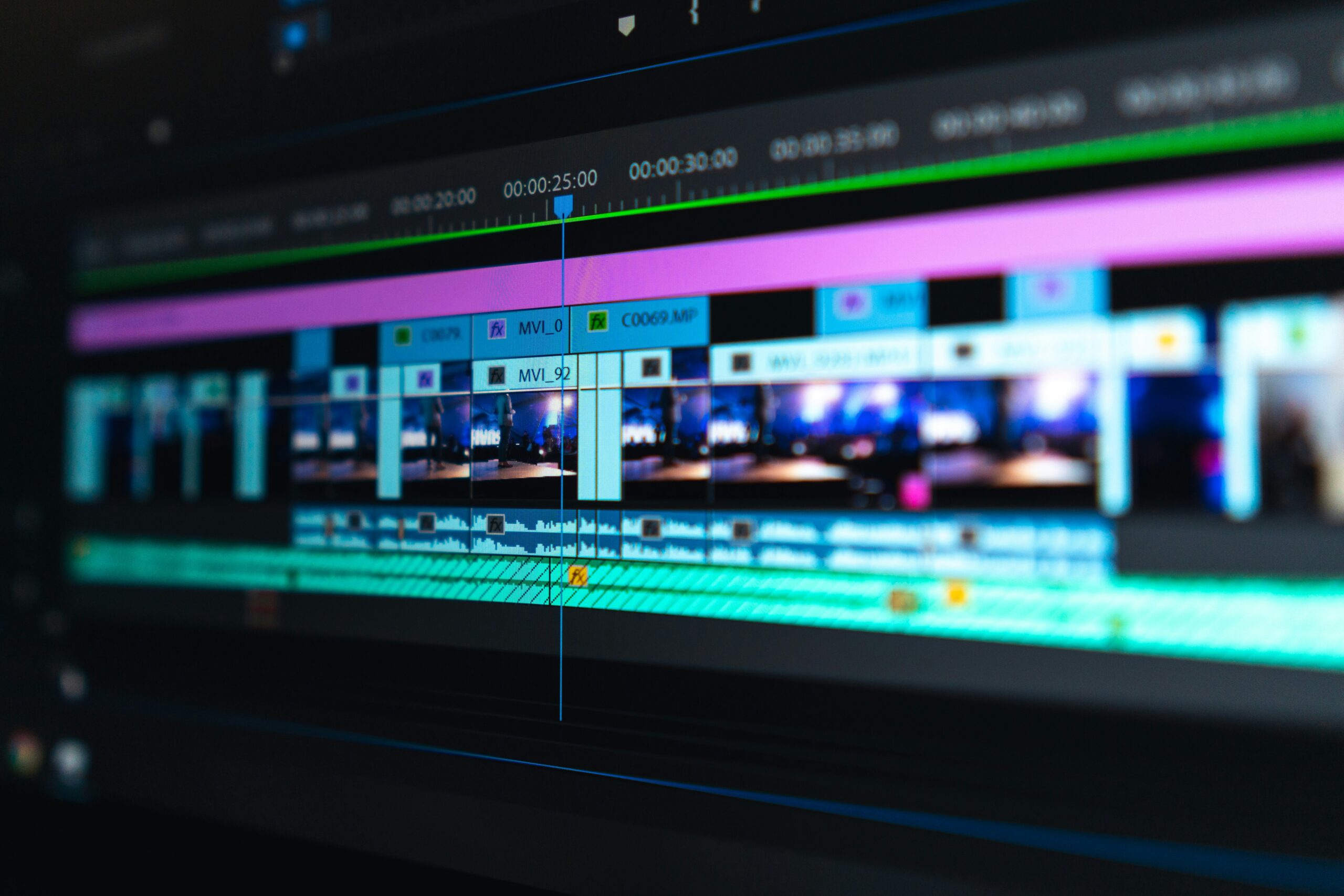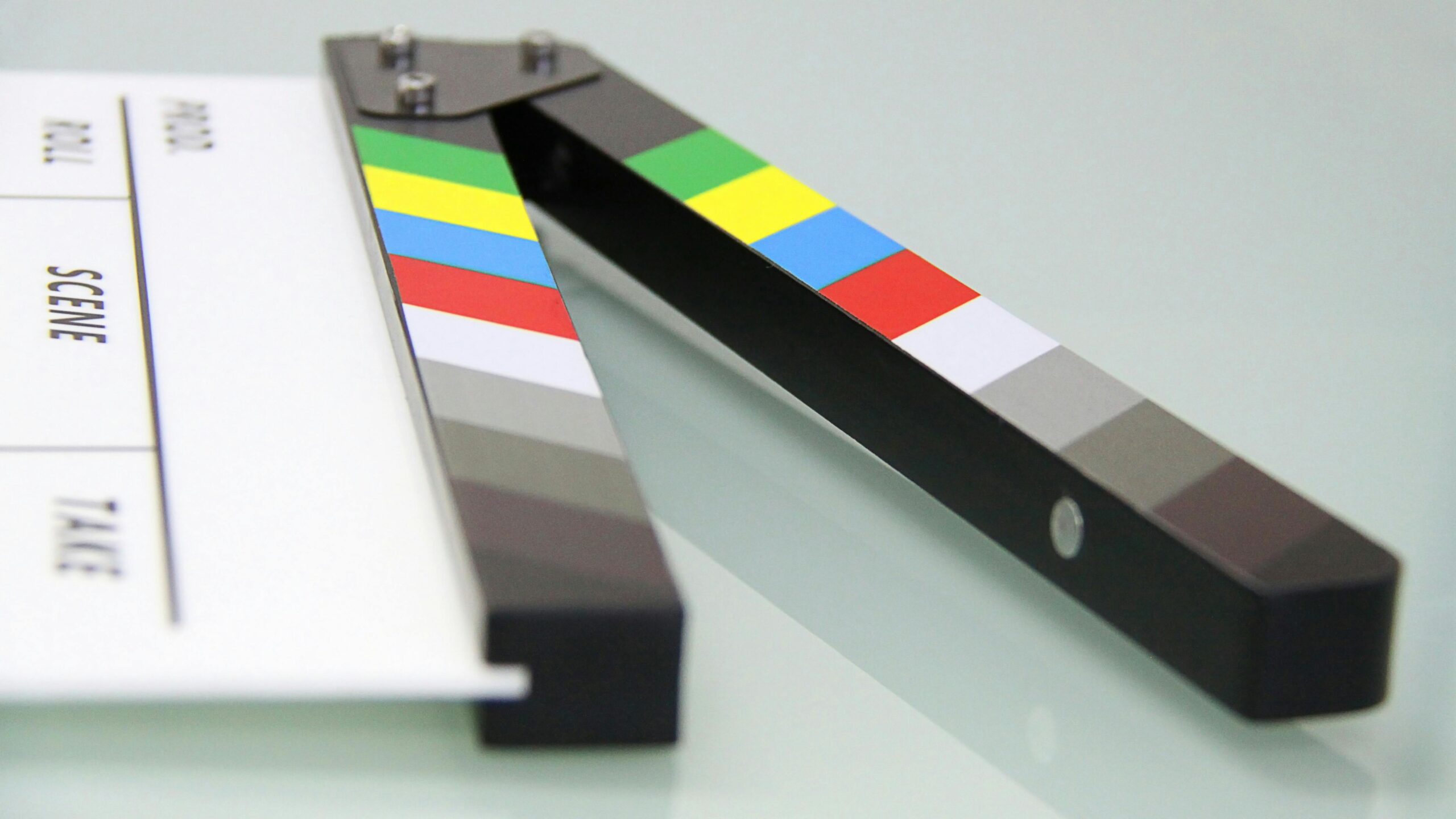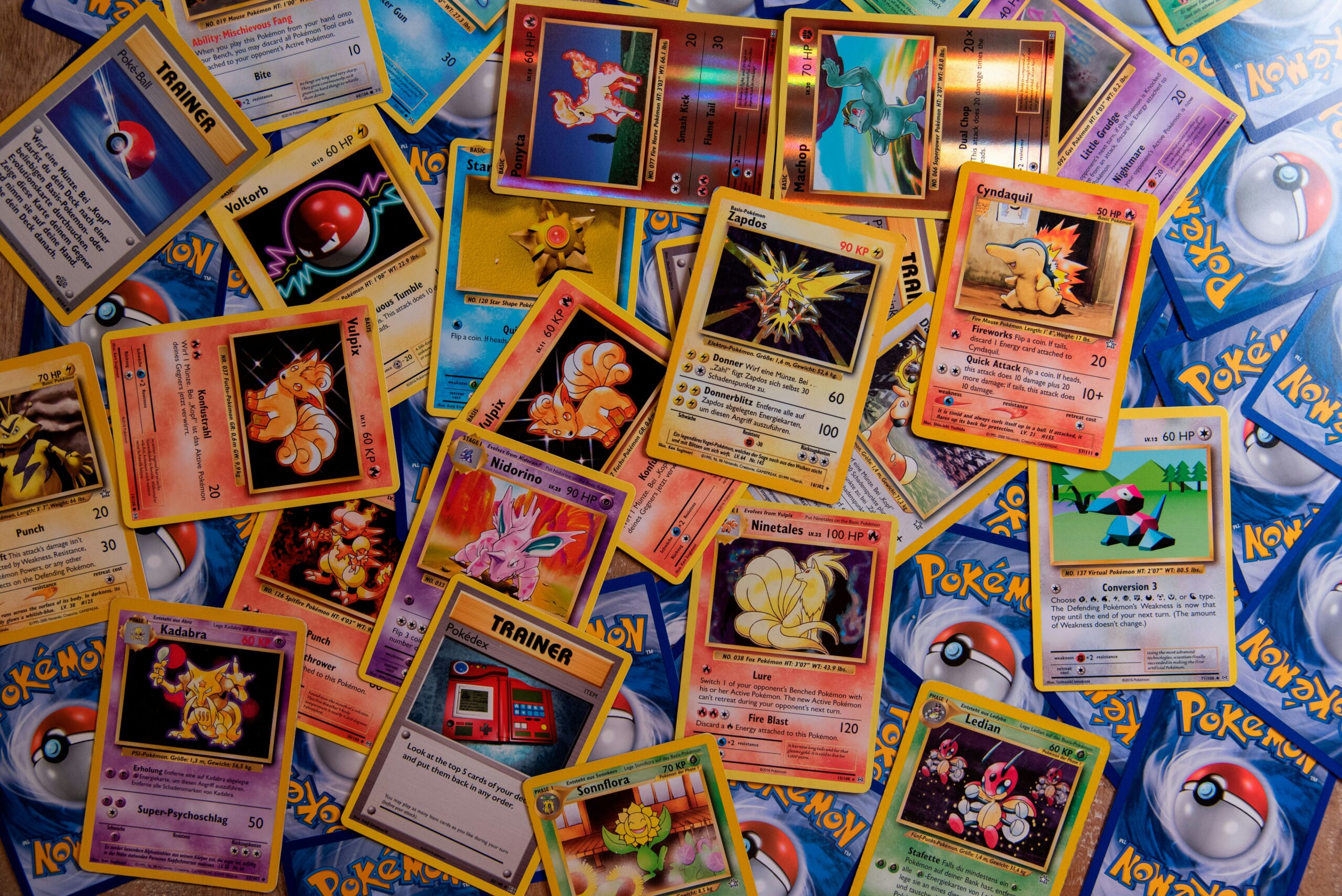Should You Allow Your Child to Create a YouTube Channel?
First, I want to start by saying that I do not have a degree in psychology—these are strictly my personal views as a father. Speaking as a parent, one of the biggest dilemmas I’ve faced (so far) was deciding whether or not to let my daughter start her own YouTube channel. On one hand, I wanted to support her creativity, encourage her passions, and give her the space to express herself. On the other hand, I had concerns—big ones—about online safety, negative comments, cyberbullying, and the risks that come with children creating YouTube channels, including exposure to online predators.
If you’re reading this, chances are you’re wrestling with the same decision and concerns, whether it’s YouTube or social media in general. So, let’s dive into the concerns, benefits, and what I ultimately decided for my daughter. I’ll also share some research-backed insights on parental guidance for young YouTubers and how you can protect your child’s online presence while allowing them to explore this creative space.
My Initial Concerns About Kids on YouTube

Before I agreed to let my daughter start her channel, I had to confront a few major worries:
- Online Safety – The internet can be an amazing place with many benefits, but it also has its dark corners. I worried about strangers commenting on her videos, potential exposure of personal information, and the risks children face on social media.
- Negative Feedback & Cyberbullying – Kids are sensitive. While supportive comments can boost their confidence, one mean-spirited remark could have a huge impact on their self-esteem.
- Time Management – Between school, activities, and family time, I didn’t want her channel to become a distraction or add unnecessary stress.
- Commercial Exploitation – Many family YouTube channels blur the line between fun content and monetization. I wanted to make sure she was doing this for creative fulfillment, not chasing views or sponsorships. It should never be about me—or any parent—pushing content on their children for revenue. If monetization becomes a byproduct of the journey, then so be it, but it shouldn’t be the end goal, in my opinion.
Research: What Experts Say About Children Creating YouTube Channels
To make an informed decision, I did my homework. Here’s what I found:
YouTube’s Policies
YouTube requires users to be at least 13 years old to create a channel. Kids younger than that can participate under a parent’s account, but strict privacy settings should be in place.
The Benefits:
- Creativity & Expression – YouTube can be an incredible outlet for kids to share their interests, whether it’s art, gaming, or storytelling.
- Skill Development – Running a channel helps kids learn video editing, public speaking, and digital literacy.
- Community Building – Finding like-minded individuals can be an enriching experience, giving kids a sense of belonging.

The Risks:
- Privacy Concerns – Without careful management, personal details can be unintentionally shared.
- Toxicity & Trolls – The comment section isn’t always a kind place, even for kids.
- Screen Time Overload – Managing a YouTube channel requires recording, editing, and engaging with an audience, which can quickly eat up time.

Obviously, this is a very simple and straightforward answer to a not-so-simple question. If you desire more knowledge on the topic, here are a few articles and resources I recommend:
- “Teaching Students to Create Media” by Edutopia – This article highlights how media creation enhances critical thinking, creativity, and communication skills.
- “Digital Storytelling and Content Creation with Children” by ALSC – Explores how digital storytelling empowers children to express themselves and develop technological proficiency.
- “The Role of Creativity in Media Practices on Social Networks” by ERIC – Examines how social networks serve as platforms for creative expression and engagement.
How I Decided to Support My Daughter’s YouTube Journey

After weighing the pros and cons, I decided that allowing her to create a YouTube channel—with careful boundaries—was the right move. Here’s what we put in place to ensure a safe and positive experience:
- Education First – We had a long conversation about online safety, including what information should never be shared and how to handle negativity.
- Privacy Settings & Parental Control – Her channel is set to private, and all comments are held for review before being posted.
- Content Boundaries – We established clear guidelines on what types of videos she can make and topics that are off-limits.
- Time Limits – To keep YouTube from taking over, we set a schedule for when she can film and edit content.
- Open Communication – I stay involved in her content creation process, reviewing videos before they go live and discussing any concerns that come up.
How I Plan to Use This as an Opportunity
Watching my daughter’s confidence grow has been one of the most rewarding parts of this journey, even this early on. She’s learning how to express herself, edit videos, and interact responsibly with an online audience—and she’s been driven to learn and do more. More importantly, this experience has strengthened our bond. I get to be part of her creative process, offering guidance while allowing her to take the lead.
Not only has this taught my daughter responsibility, but I believe it can also be used as a tool for even more valuable lessons. Our channel focuses on Pokémon card collecting (along with whatever other projects she likes), anyone familiar with the hobby knows it’s not cheap. I agreed to provide her with everything we needed to get started, including her first Pokémon box for an unboxing video. However, after that, she will need to earn the money for additional packs through chores and other responsibilities.
My hope is that this will teach her the value of hard work, financial responsibility, and the satisfaction of earning something through effort. I believe there are many lessons we can both learn through this process. I’ll provide an update in more detail in the future on what worked, what didn’t, and any changes or tweaks we’ve made along the way. I would also love to hear from you, if you have any ideas or suggestions on this!
I Let My Child Start a YouTube Channel—But Should You?
You can read all the materials, articles, and expert opinions, but ultimately, the decision is yours. If your child is passionate about creating content, I believe it can be an incredibly positive experience with the right parental involvement. Managing children’s online presence is crucial, and with the right precautions, it’s possible to support their creative endeavors safely.
If you’re on the fence, ask yourself:
- Is my child mature enough to understand online safety?
- Am I willing to stay involved and monitor their content?
- Do we have a plan in place for handling potential challenges?
If the answer is yes, then giving them the opportunity to create and learn through YouTube might just be worth it.
Final Thoughts
Letting my daughter start a YouTube channel wasn’t an easy decision, but with the right boundaries and involvement, it’s been an enriching experience for both of us. If you’re considering the same for your child, I hope this post gives you some guidance and reassurance—or at the very least, helps make the decision clearer.
Have you allowed your child to create a YouTube channel? What were your concerns, and how did you handle them? Let’s discuss in the comments below!




